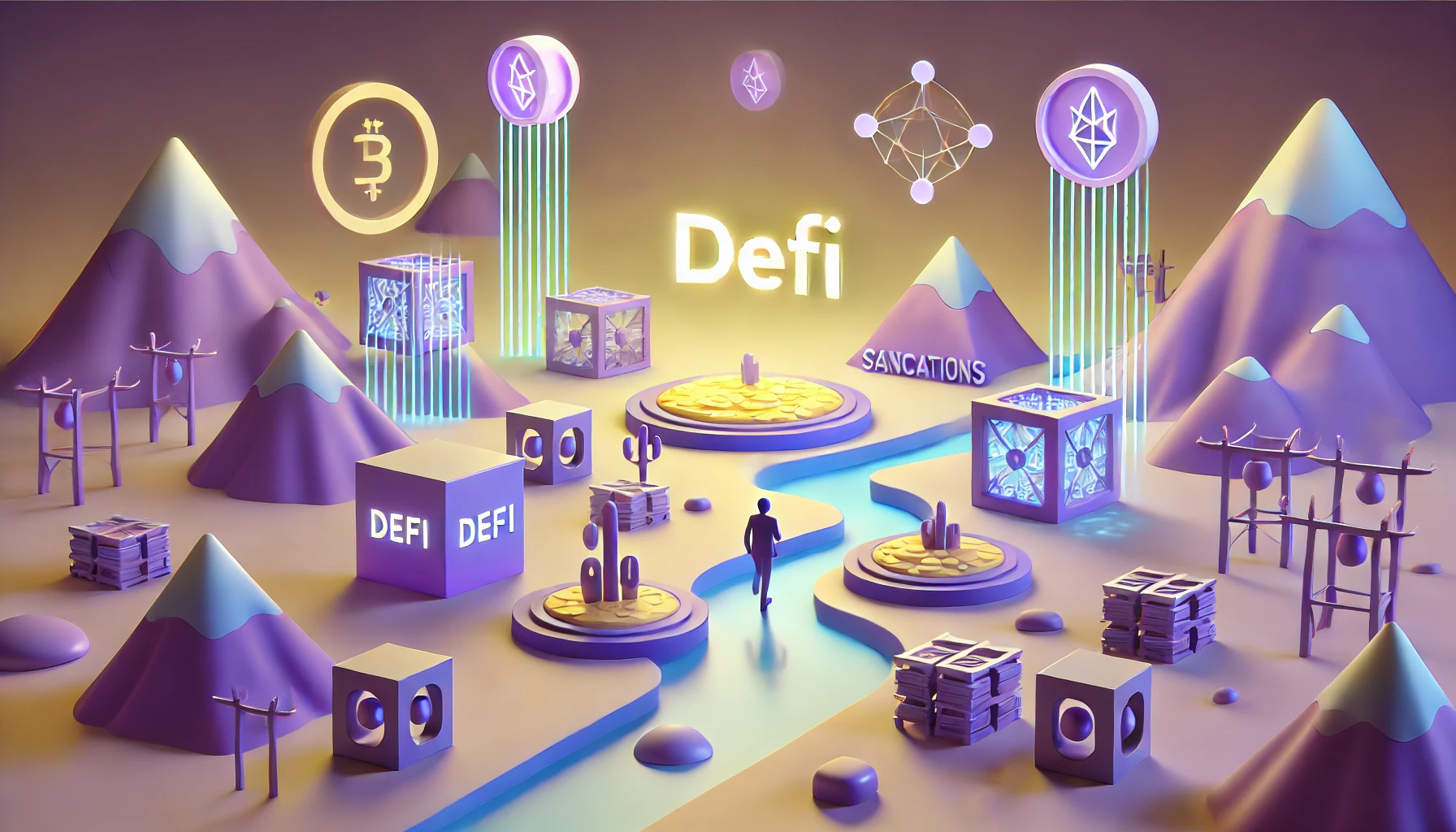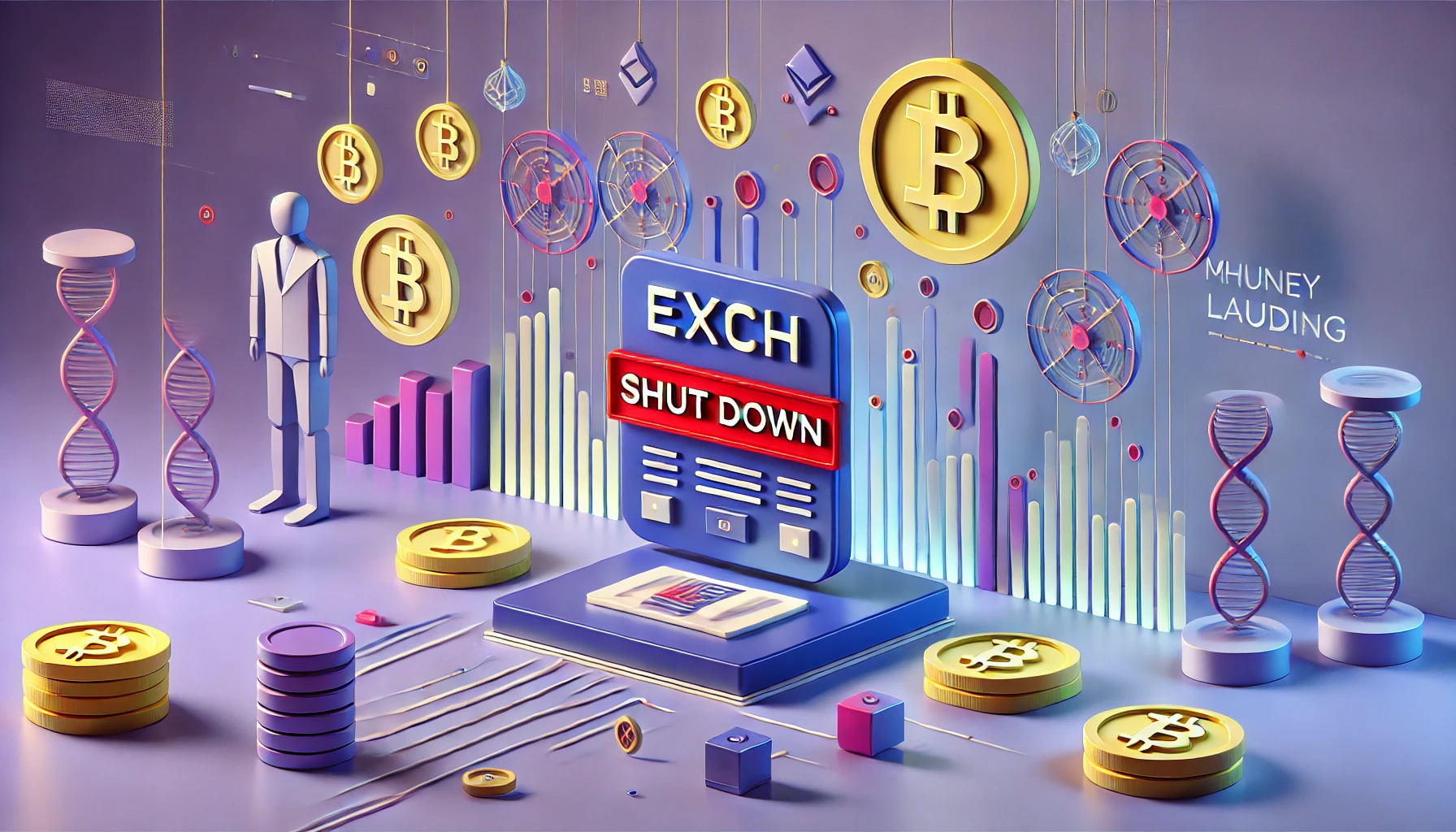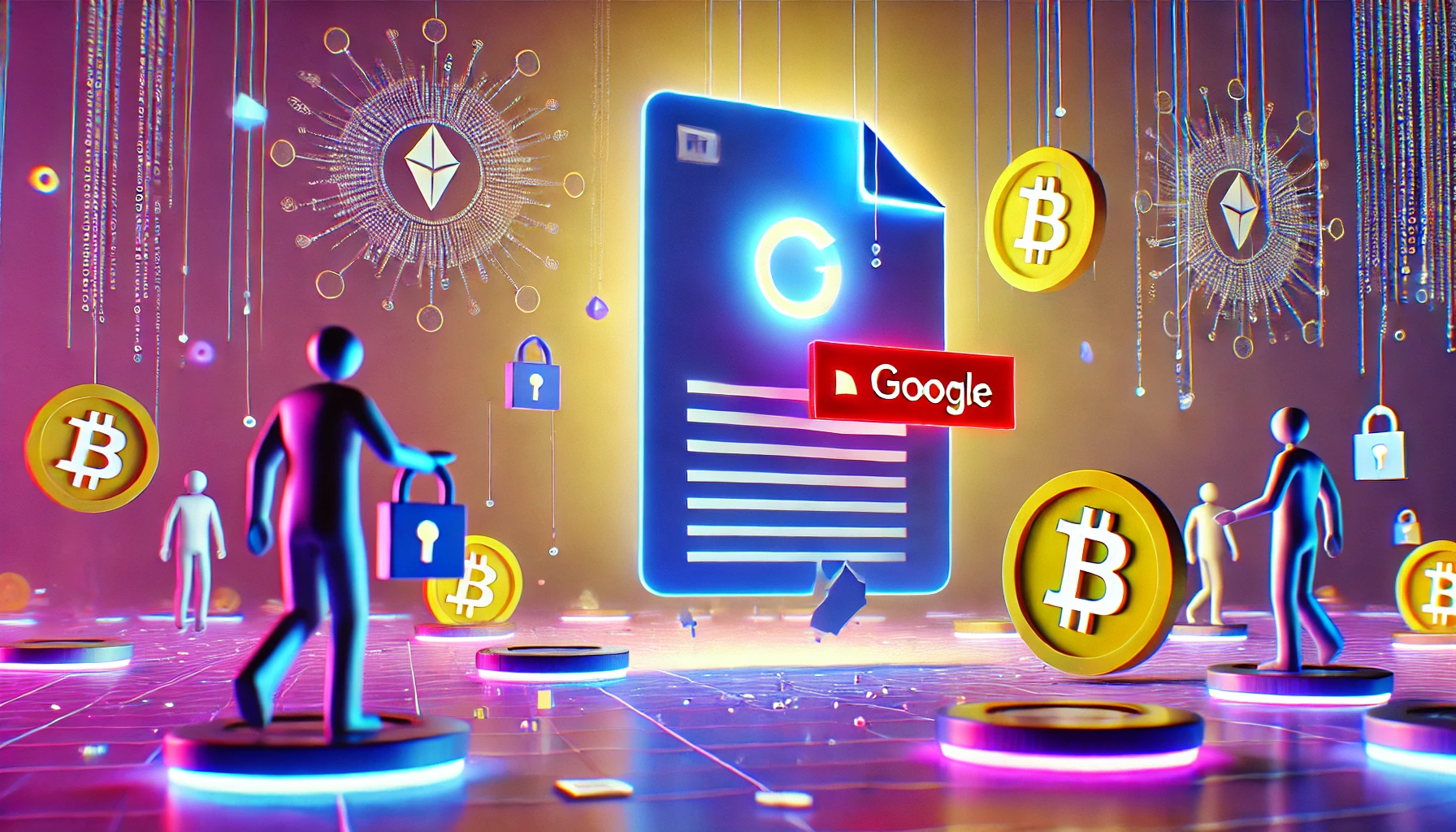What is an ICO?
A crypto ICO, or Initial Coin Offering, is a revolutionary way of raising funds for a project. Think of an ICO as a kind of Kickstarter, but for the digital world of cryptocurrencies. The idea is simple: companies present a new project and offer tokens, or digital tokens, to investors in exchange. These tokens can represent a share in the project or give access to certain features once the project is launched.
Why are ICOs important?
They open the door to investment for start-ups that would otherwise struggle to find funding through traditional channels such as banks or venture capital. ICOs democratise investment by enabling anyone, anywhere to back innovative projects.
How does an ICO work?
The operation of an ICO can be broken down into several key stages. Firstly, a company with an idea for a new blockchain project prepares a white paper. This document details the concept of the project, the technology used, the amount needed for development, and how many tokens will be offered to investors.
Next, the crypto ICO is announced and a pre-sale period can begin. During this phase, investors can buy tokens at a price that is generally lower than the main sale price. This is used to raise initial funds to cover development and marketing costs.
What exactly are tokens? Quite simply, they are digital assets that often represent a share in the project. They can be exchanged or used in the project ecosystem once it has been launched.
Why participate in or launch a crypto ICO?
Participating in an ICO can be extremely attractive for investors and startups. For companies, it represents a unique opportunity to raise funds without diluting ownership or dealing with the red tape of traditional financing methods. For investors, it’s a chance to back projects they believe in and potentially benefit from a significant appreciation in the value of the tokens.
The good news:
- For start-ups: rapid access to major funds.
- For investors: Participation in innovative projects with high return potential.
Risks to be aware of :
However, ICOs are not without risks. There have been cases of scams and projects that never materialised. The volatility of cryptocurrencies adds an extra layer of risk.
The rules of the game
ICOs navigate a complex legislative space that varies enormously from country to country. Some countries welcome ICOs with open arms, seeing them as an opportunity for economic growth and innovation. Others are more cautious, putting in place strict regulations to protect investors from potential scams.
Examples of countries :
- United States: The SEC (Securities and Exchange Commission) requires ICOs to comply with its regulations, often treating tokens as financial securities.
- Switzerland: Known for its cryptocurrency-friendly stance, it offers a favourable regulatory environment for ICOs.
How do you create a crypto ICO?
Launching a crypto ICO is a demanding process that requires careful preparation and a thorough understanding of the cryptocurrency market. Here are the main steps to follow for those wishing to embark on this adventure:
- Develop a solid idea: It all starts with an innovative idea that meets a real market need.
- Write a white paper: This document will detail everything about the project: the technology, the team, the financial objectives and the use of funds.
- Putting together a reliable team: Investors will want to know about the team behind the project. A solid, experienced team can make all the difference.
- Prepare the marketing campaign: a successful ICO requires maximum visibility. Social networks, specialist forums and crypto influencers can be invaluable allies.
The best ICOs to know
Some ICOs have made history with their resounding success, launching projects that are now mainstays of the crypto space. Here are a few notable examples:
- Ethereum: Often cited as the quintessential example of a successful ICO, Ethereum has raised considerable funds to develop what is now the world’s second-largest cryptocurrency.
- NEO: Nicknamed “China’s Ethereum”, NEO’s ICO was a major factor in its development as a smart contract platform.
How do I buy and sell tokens?
Buying tokens in a crypto ICO :
- Research the ICO: First of all, make sure that the ICO in question is legitimate. Read the whitepaper, find out about the team behind the project and consult the community’s opinions.
- Prepare your wallet: To take part in an ICO, you will need a digital wallet that is compatible with the tokens you wish to buy. Make sure it is secure and that you control your private keys.
- Buy cryptocurrencies: Most ICOs require you to buy tokens with cryptocurrencies such as Ether (ETH) or Bitcoin (BTC). If you don’t already own some, you’ll need to acquire them via an exchange platform.
- Participate in the ICO: Follow the instructions provided by the ICO to send your cryptocurrencies and receive tokens in exchange.
Selling tokens after an ICO:
- Waiting for the exchange: After the ICO is completed, the tokens are usually listed on cryptocurrency exchange platforms. This is when you can sell them.
- Monitor the market: Keep an eye on the price of your tokens and decide the best time to sell, depending on your investment strategy.
- Use an exchange platform: Transfer your tokens to an exchange platform where they are listed, and place a sell order at the price you want.
The future of ICOs
ICOs have played a major role in financing many successful blockchain projects. However, their future is subject to constant technological and regulatory change.
Innovations and trends: As blockchain technology continues to evolve, so do the methods of financing projects. Security Token Offerings (STOs) and Initial Exchange Offerings (IEOs) are examples of innovations that seek to address some of the challenges and limitations of traditional ICOs, particularly in terms of security and regulatory compliance.
Regulatory challenges: Regulation remains one of the biggest challenges for the future of ICOs. Authorities around the world are looking to protect investors while supporting innovation. Future ICO projects will have to navigate an increasingly complex regulatory landscape.
Technological impact: With the emergence of decentralised finance (DeFi) and non-fungible tokens (NFTs), ICOs may have to adapt to remain relevant.
Final advice for investors
Investing in an ICO can be both exciting and intimidating, especially for those who are new to the world of cryptocurrencies. Here are some key tips for navigating this dynamic space with caution and strategy.
Investing in a crypto ICO: How to avoid the pitfalls and invest wisely
- Do your research: Before investing in any ICO, it is crucial to do thorough research. Read the project’s white paper, assess the strength of the development team and its experience in the blockchain field. Look for independent opinions and analyses on forums and sites specialising in cryptocurrency.
- Assess the viability of the project: A good ICO project should solve a specific problem and have a clear real-world use case. Be wary of projects that promise unrealistic returns without a solid technical foundation or practical application.
- Understand tokenomics: The details of the token’s structure, such as its distribution, its usefulness in the project’s ecosystem, and its valuation potential, are essential. A well thought-out business model is a good indicator of the long-term viability of a crypto ICO.
- Prepare for volatility: cryptocurrency markets are notoriously volatile. Never invest more than you can afford to lose, and be prepared for significant price fluctuations.
- Keep up to date with regulations: The laws surrounding ICOs and cryptocurrencies are evolving rapidly. Staying informed about the legislation in force in your country can protect you from investing in non-compliant projects.
- Diversify your portfolio: As with any investment, diversification can help minimise your risk. Don’t put all your eggs in one ICO basket.
Useful resources: Where to find more information on this subject
- CoinMarketCap and CoinGecko: For up-to-date information on cryptocurrencies, including upcoming ICOs.
- CryptoCompare: Offers detailed analyses and comparisons of different cryptocurrency projects.
- BitcoinTalk: A forum where ICOs are often announced and discussed by the crypto community.
- Reddit: Subreddits such as r/cryptocurrency and r/ico contain discussions and reviews of current and upcoming ICOs.
- Medium and Steemit: Many developers and project teams share updates and in-depth analyses of their ICOs.
By following these tips and using these resources, you’ll be better equipped to make informed decisions when investing in ICOs. Remember, investing in ICOs involves risk, but with the right research and caution, it can also offer substantial rewards.
FAQ
How do you know if an ICO is legitimate?
Do some thorough research. Look at the white paper, the team’s reputation, and feedback from the crypto community.
Do all tokens increase in value after an ICO?
No. Like any investment, ICO tokens carry risks, and their value can go up as well as down.
Can you take part in an ICO without any experience of cryptocurrencies?
Yes, but it is strongly recommended that you familiarise yourself with the basics of cryptocurrencies and digital wallets before taking part.














